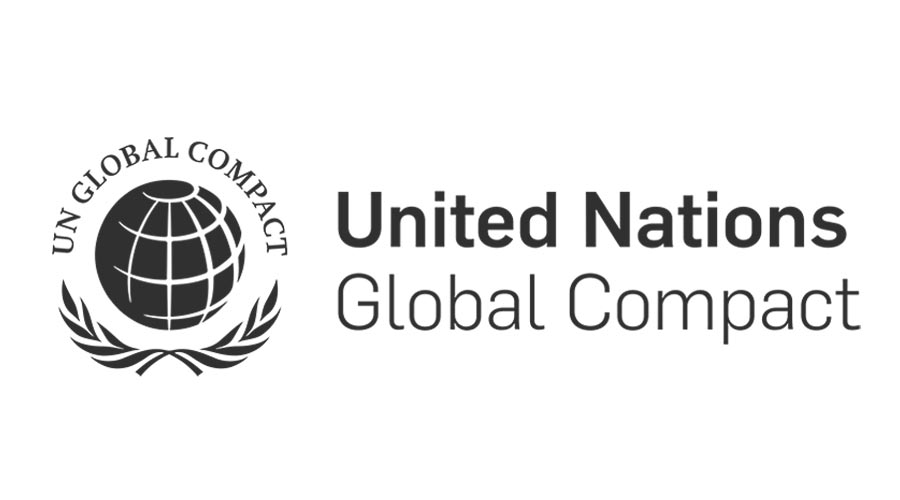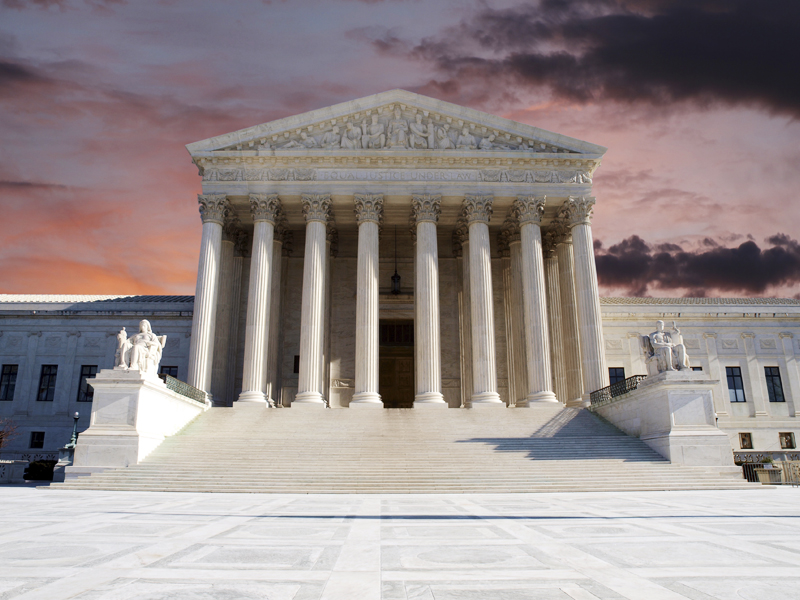Introduction
The United Nations Global Compact (UNGC) Network USA supports companies in doing business responsibly by aligning their strategies and operations with the Ten Principles on human rights, labor, environment, and anti-corruption. As part of this work, the UNGC Women’s Empowerment Principles (WEPs) launched the Target Gender Equality Program (TGE), a gender equality accelerator program for companies. BSR worked with the UNGC to engage TGE participants on developing a global approach to gender equality that aligns efforts to promote company-specific strategies for improving women’s empowerment across countries, brands, and teams with wider sustainability targets and strategies in mind.
Background
The UN estimates that it will take close to 300 years to achieve full gender equality at the current rate of progress. While many companies are making top-level commitments to women’s empowerment and gender equality, few have matched commitments with concrete plans integrated throughout the business.
To guide businesses on empowering women and advancing gender equality in the workplace, marketplace, and community, the UNGC and UN Women developed the WEPs in 2010. In the same year, the UNGC and UN Women worked with the Multilateral Investment Fund of the Inter-American Development Bank (IDB), and IDB Invest to develop the Women’s Empowerment Principles Gender Gap Analysis Tool (WEPs Tool).
Used by companies committed to advancing gender equality, the Tool offers a structured framework to assess practices against the seven Women’s Empowerment Principles. Each principle is accompanied by indicators and scoring criteria, with higher scores reflecting stronger commitments to gender equality. With these scores, companies can track progress, set targets, and demonstrate their dedication to stakeholders. The tool also provides resources for implementing best practices.
The Challenge
The UNGC launched the Target Gender Equality Program to assist companies in “developing and implementing corporate sustainability strategies, operations, and management practices” in line with the Ten Principles. The program consists of six modules, aiming to empower TGE cohort companies to be able to draft targets and action plans for gender equality. Companies range from small- and medium-sized enterprises to multi-national corporations.
BSR, whose work focuses on implementing many of the Ten Principles, partnered with the UNGC in 2010 and has supported its activities in multiple ways over the last decade. Consequently, the UNGC enlisted the expertise of BSR in engaging with TGE cohort companies on gender equality.
BSR’s Response
BSR provided support for the first two TGE program modules, 1) Foundations and Frameworks and 2) Performance Analysis. These focused on defining the business case for gender equality, raising awareness of the WEPs Analysis Tool, identifying the current gaps and opportunities for companies, and how best to identify priority areas and support implementation.
BSR’s Equity, Inclusion, and Justice (EIJ) team delivered:
- Workshops entitled Introduction to WEPs and Transition to WEPs Strategy, as well as Strategy Toolkit materials, including guidance on design, position, and roadmap strategy
- BSR’s Benchmarking Toolkit, including a template and criteria for selecting benchmark companies
- One-on-one company support sessions with TGE cohort companies, including review of WEPs results and benchmark assessments
BSR supported the 2023 TGE cohort companies in the following ways:
- Evaluation of each company’s maturity by understanding:
- Relevant standards and frameworks for WEPs;
- Current business strategy and management approach to WEPs; and
- Relevant trends and potential disruptors within “peer” landscape.
- Review of the scope of each company’s WEPs strategy to determine WEPs priorities and potential impact.
- Provision of guidance and key insights on building a robust WEPs strategy, position of company in benchmarking exercise, and how to build a strategy roadmap.
Lessons
“The accelerator helped our team learn the skills we needed to implement this work into our own company. By meeting regularly as a group in the accelerator, it gave us the time and opportunity to learn from other outside businesses and BSR how we compare.”
-Christa Svensson, Global Sustainability Program Manager, and Monika Pabon, North America HR Manager, Tri-Marine International Pte. Ltd.
BSR observed the following learnings after engaging with TGE cohort companies:
- Joining a global community of like-minded business and expert stakeholders committed to women's empowerment helps companies take action.
- Having a global standard defining “what good looks like” for WEPs can help align industries and individual company commitments across leadership, workforces, marketplaces, and communities.
- Tools such as the Benchmark Assessments and WEPs Tool are key in understanding company performance and determining what leadership looks like.
- The majority of TGE companies are classified as “improvers” in the WEPs Tool results, meaning that companies are setting ambitions and applying key learnings and insights to build their own WEPs strategy.
"The workshops conducted by BSR have been instrumental in equipping our participating companies with comprehensive insights into the Women's Empowerment Principles (WEPs) and other essential gender equality concepts. The workshops on introducing the WEPs and the Transition to WEPs have played a pivotal role in equipping our companies with fundamental knowledge.
This foundational understanding has served as a cornerstone in the development of comprehensive and resilient corporate gender strategies. The implementation of the WEPs Benchmarking Tool and Guidance has been a cornerstone in solidifying our representatives' commitment to gender equality. Particularly noteworthy are the one-to-one company support sessions offered by BSR, which provided a structured platform for representatives from participating companies to seek personalized guidance on pertinent questions.
BSR's unwavering dedication to fostering gender equality is evident throughout our collaboration. Their professionalism and commitment have been manifested in every facet of the program, and the support provided thus far is deeply appreciated."
-Claudia Herbert Colfer, Head of Programming, UN Global Compact Network USA
Conclusion
More than 6,000 CEOs have signed the WEPs CEO Statement of Support. However, companies still need to take the necessary next steps to meet those commitments by implementing, monitoring, and reporting on progress toward gender equality.
Among the companies that participate in the TGE accelerator program, there are signs of progress. Globally, companies’ average score from using the tool increased to 32 percent from 28 percent, indicating increased efforts by businesses to promote gender equality. However, much of that progress is limited to company commitments. While 78 percent of companies using the tool have made a commitment to gender equality, up from 68 percent in 2020, levels of implementation, measurement, and transparency remain severely low (between 1 and 2 percent on average). This shows the need for more accelerated, urgent, and impactful change.
Companies committed to setting more ambitious targets at an accelerated pace can join the ForwardFaster Initiative of the UNGC. This initiative focuses on five key areas—including gender equality—where the private sector can collectively make the biggest, fastest impact by 2030. For companies seeking to advance gender equity within their operations and beyond, BSR offers support in strategy development based on UNGC WEPs scores, benchmarking against other peers, and bespoke services to close the gender gap.
“BSR is proud to have been a partner of the UN Global Compact from the very day it was launched. In a world where we see good but insufficient progress toward achieving the objectives in the Paris Agreement and the Sustainable Development Goals, UNGC is an important rallying point for businesses in all corners of the world.”
Aron Cramer, CEO and President of BSR
Get in Touch
This case study was written by Felicity Butler and Welela Makonnen. If your team is also interested in better understanding the human rights landscape and gender equality as well as defining target gender equity goals and strategy, please reach out to learn more.
Let’s talk about how BSR can help you to transform your business and achieve your sustainability goals.









